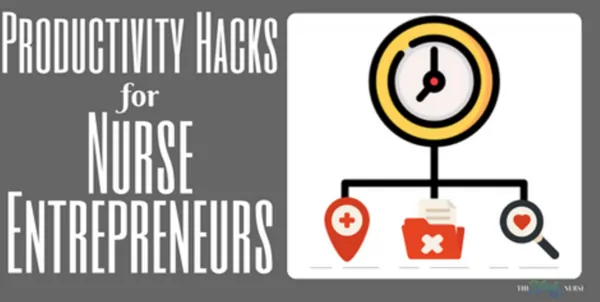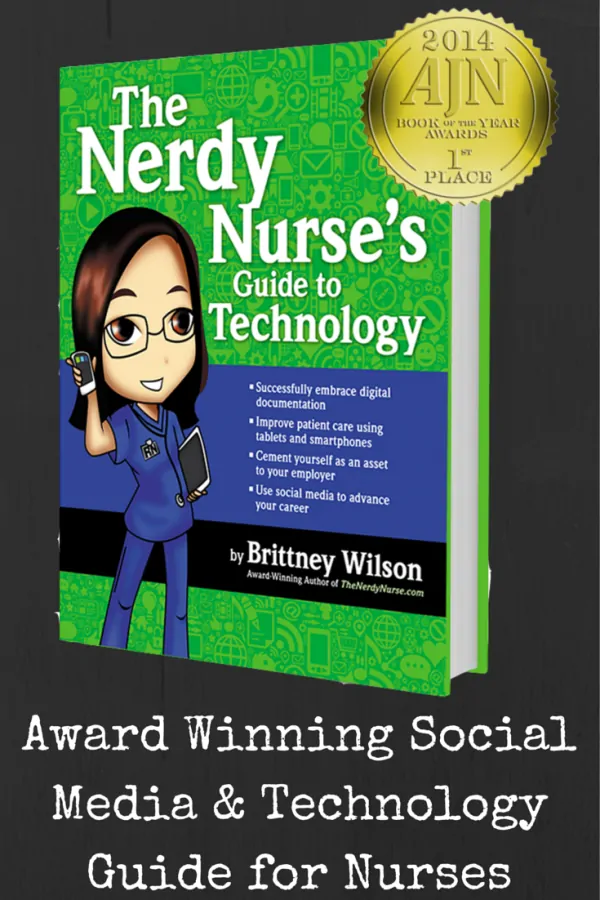Nursing is not only about administering or dispensing medicine. Nurses who graduate from RN to BSN degree programs also become teachers, even if they do not teach in academics. Furthermore, nurses help patients control their healthcare by teaching them how to prevent and manage medical conditions.
Patient education is essential for patients to understand what they are going through. It can be difficult for them to learn about their illnesses, and it’s our job as medical professionals to help educate them so that they know what to expect throughout their treatment.
With a better understanding of their illness, patients can make educated decisions on how best to care for themselves, whether by following doctor’s orders or not. This is one of the main reasons that Why Patient Education Is Important.
Why Patient Education Is Important?
Patient education is crucial because it allows people to understand better the treatments that are available for them. It also allows doctors and other medical professionals to help patients make informed decisions about their care.
It’s not uncommon for patients to have questions when they first contact a doctor or another medical professional. Still, many of these questions can be answered through patient education materials.
Doctors and other medical professionals can provide information to patients about what they should expect during a diagnosis or procedure, the risks and benefits of various treatments, how much pain or discomfort is typical for specific guidelines, and more.
Patient education materials are also helpful because these materials often contain visual aids that understandably explain words. Visuals such as photographs can make it easier for people with low literacy levels to understand written content.
For example, some patient education pamphlets might have pictures of different cancer cells, so readers know which type their doctor has found when providing them with treatment options.
These visuals help reduce confusion by clarifying key points without using lots of text on each page. This makes it possible for many more people to understand.
Nursing’s role includes patient education, which empowers patients to become more involved in their health. Patients who feel engaged in their care are more likely to engage in interventions that are likely to be positive.
Benefits of Patient Education Include
- Prevention of obesity, diabetes, or heart disease.
- During the recovery process and before any major medical procedure, patients need to know what to expect.
- We are reducing the possibility of complications by providing patients with information about medications and lifestyle modifications and self-monitoring tools such as glucose meters and blood pressure monitors.
- Patients are less likely to be readmitted to the hospital.
- They are gaining self-sufficiency by retaining independence.
- Patient education helps them understand the importance of maintaining a healthy weight, seeking medical care during illness, and taking medications as prescribed.
Some may disagree on how one should go about educating patients and be more proactive when it comes down to keeping themselves healthy.
But there are benefits for all parties involved, such as the doctor or nurse who provides the patient with this vital information they need and gives these individuals hope from what they were able to learn. Not only do they have a higher chance at surviving because of the information they gained but also because of how much more confident they feel. And it’s not always about just surviving. With many of these patients’ education is their only hope for them to do better and fight against adversity.
Patient education programs attract patients to the provider and increase their satisfaction with their care.
What Is the Nurse’s Role in Patient Education?
Effective patient education begins at the time of admission and continues even after the patient is discharged.
Nurses are responsible for creating and implementing the patient’s plan of care. This includes education on post-discharge health behaviors, such as healthy eating habits or managing chronic pain at home with a self-care plan.
“Educating patients about their medications before discharge is one of the best ways nurses can promote safe use,” says Lynn Eckert, Ph.D. RN FAAN, Vice President of Nursing Research & Development for Medtronic Midmark Corporation.
To educate patients, nurses may instruct patients about the following:
- Self-care steps they need to take.
- Why do they need to maintain self-care?
- How to identify warning signs.
- When a problem arises, what to do.
- For questions, who to contact.
- Tips to Improve Patient Education
It is challenging to create more time for nurses because they are overworked and underpaid. Health care providers can do many things to improve patient education, including:
Focus more on patient education and delegate more responsibilities to support staff.
Educate patients from the moment they are admitted. Correct any misinformation. Find out what the patient already knows.
Make sure you present information in layman’s terms. Rely on visual activities as often as possible. People retain far more information when they see than when they hear.
Ask questions, and plan for the next lesson. It’s all part of nursing.
As early as possible in the treatment process, utilize return demonstrations when administering care.
Ask the patient how they would explain their disease (step by step) to their spouse.
Reiterate and reinforce essential teachings throughout the hospitalization. Work closely with the nursing staff to ensure continuity of care.
If a patient is receiving medication, be sure the patient understands what it does and its side effects. Describe how it will help them control a chronic or acute illness and what to expect.
Ensure patients know what symptoms to report to their medical doctor and promptly do so rather than waiting for a crisis.
Patients who are educated about their care are more likely to have better outcomes, which in the long run will lead to a lower cost of medical care through a wellness model.
How Can Nurses Ensure Patient Comprehension?
There is a lack of knowledge about healthcare among many patients. A patient’s lack of knowledge about their condition may lead to anxiety or a delay in seeking treatment.
Educating patients on how to care for themselves and what to expect can make all the difference.
Nurses are experts at educating patients with good communication skills, which is why they’re often tasked with the responsibility to provide health education in hospitals. Nurses have hands-on experience and an inherent interest and concern for people’s health, both physical and social, that makes them ideal educators.
Patients need a hands-on approach to ensure that they understand medical requirements. Nurses should demonstrate the procedures and have patients repeat what they learned or perform them themselves. Nurses should also teach the patient’s family or caregivers at home.
Conclusion:
With adequate access to health data, patients can better understand their unique health, enabling them to seek more relevant information about their circumstances.
By educating patients about their rights to access health data, industry leaders foster engagement inside and outside the doctor’s office. That’s why patient education is essential.
See More on Patient Education:
- Why Is Teamwork Important in Nursing?
- How to Show Support to a Sick Loved One
- Patient Interventions, Procedures, and Weird Accomplishments for Nurses




